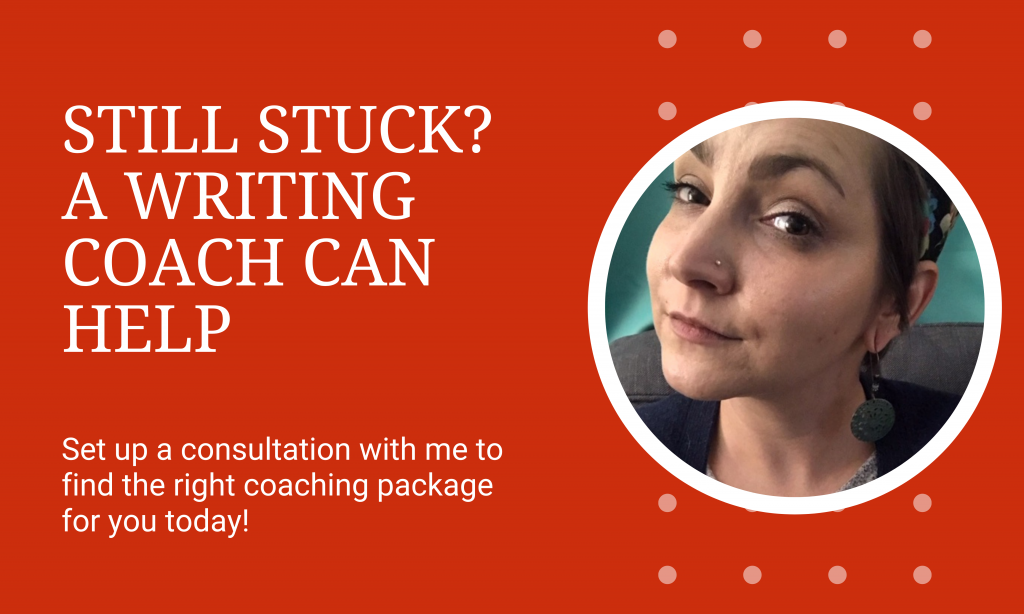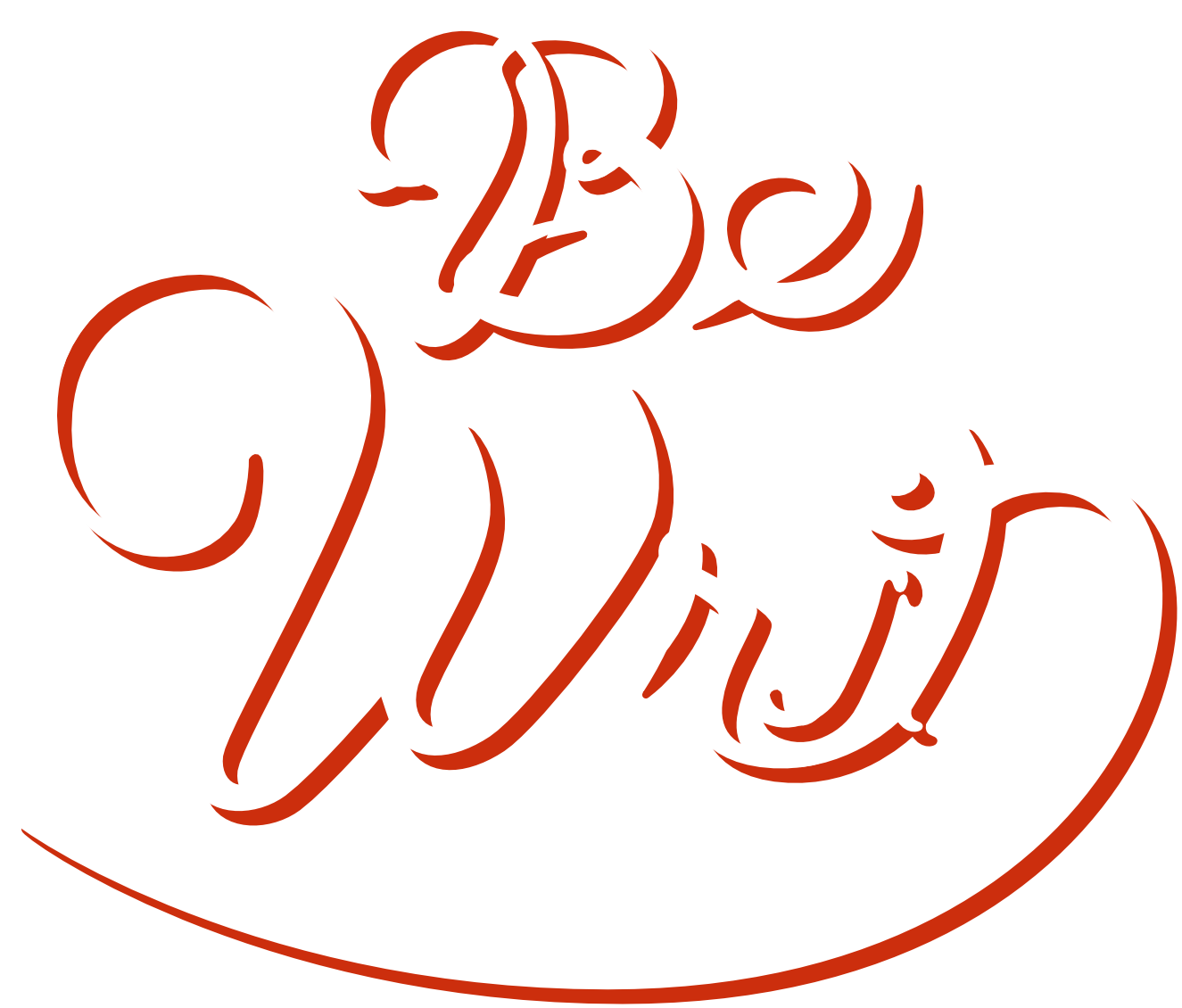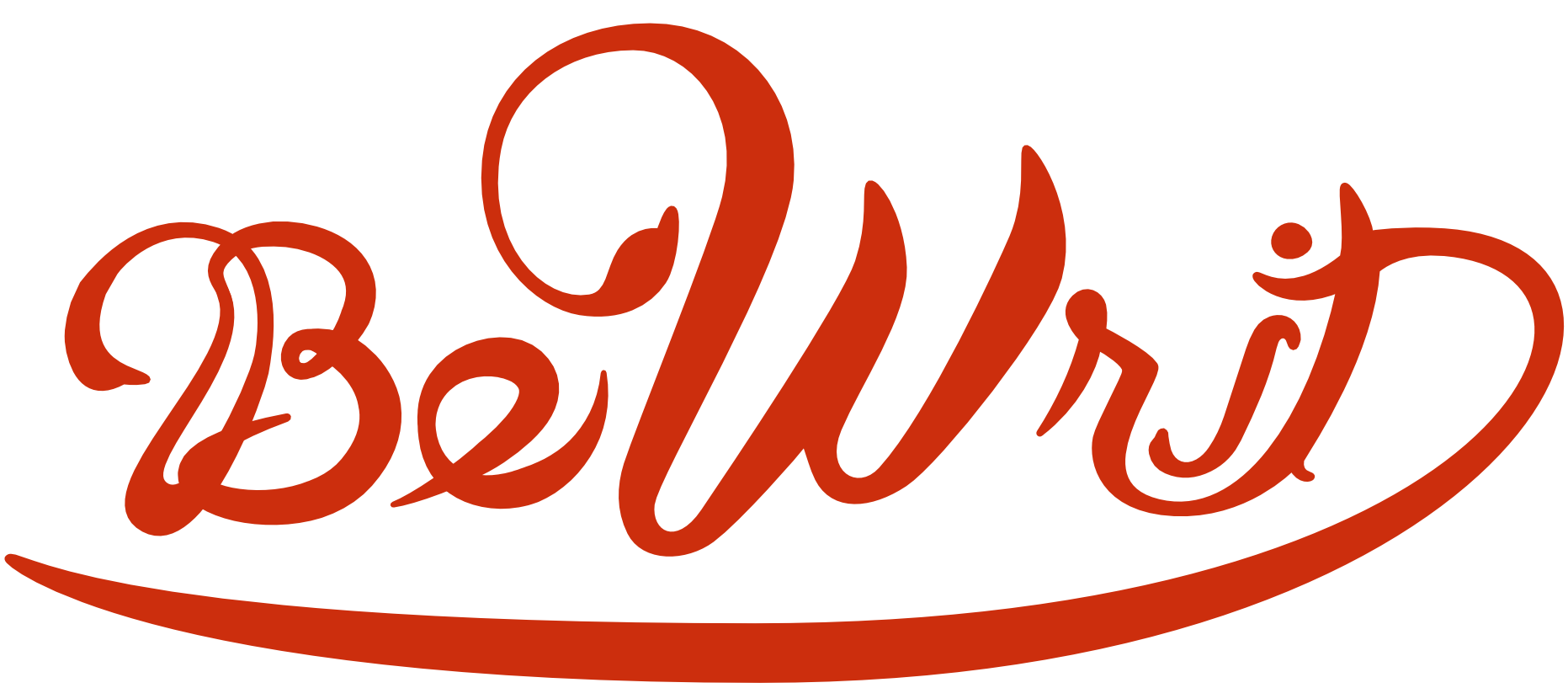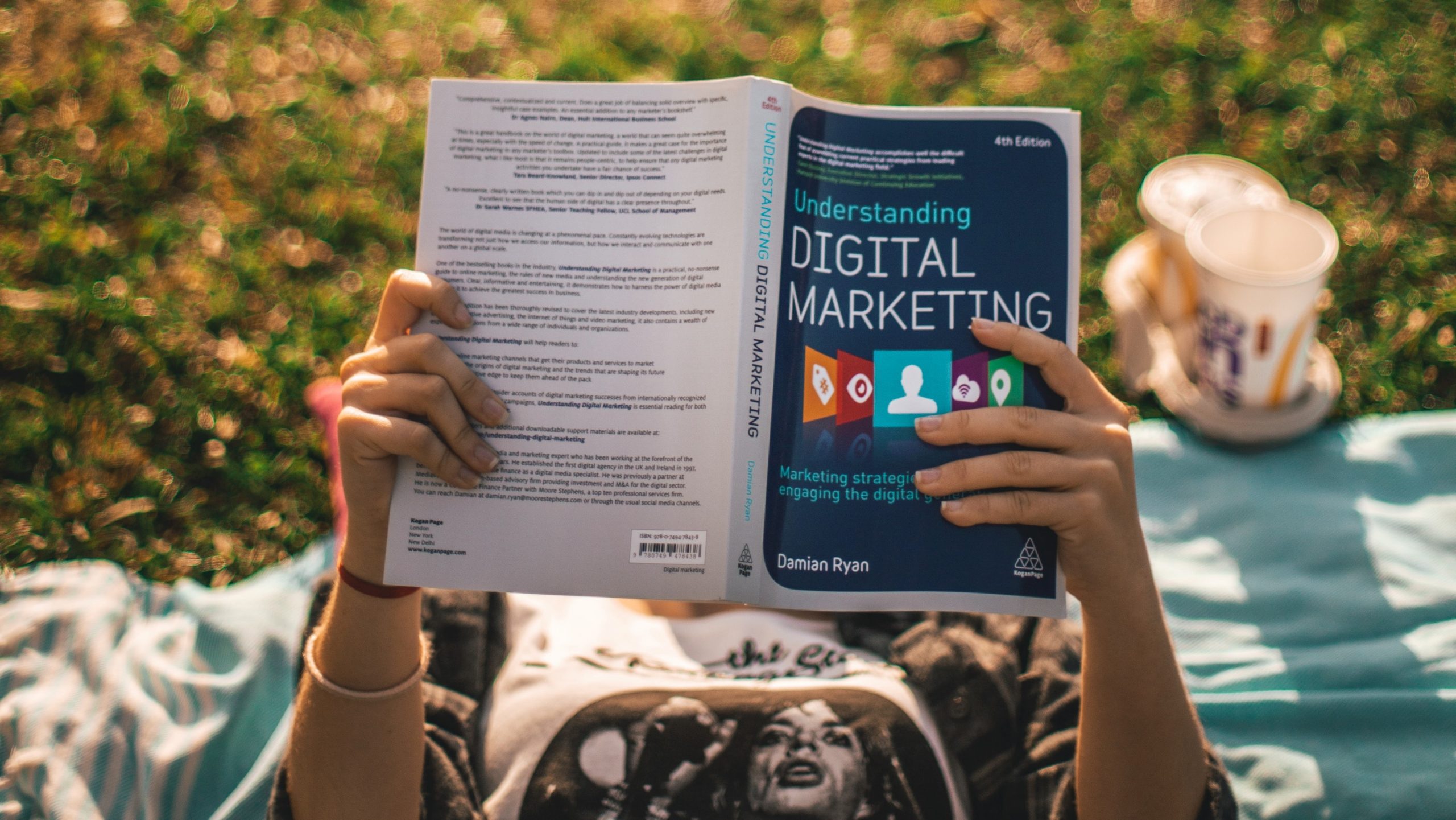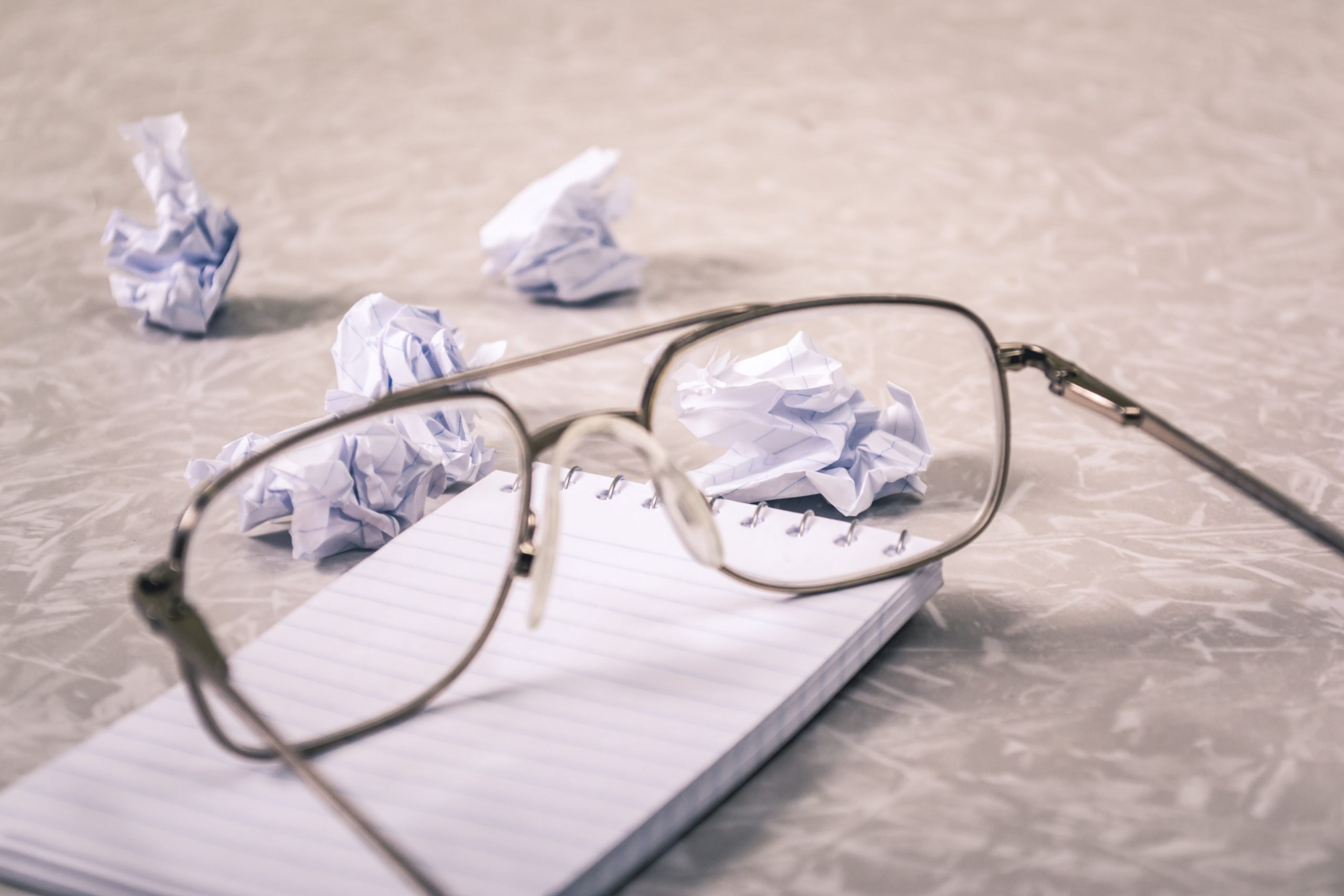
Overcoming Writer’s Block: What to Do When You Feel Less Creative
Are you feeling stuck or having a hard time staying focused lately? You're not alone.
Writer's block is the Achilles heel of writers. Most struggle with overcoming writer's block at some point, if not multiple times in their careers.
Like a heart attack, many possibilities may bring about/enhance the blockage.
You might feel afraid to write if you're new or afraid to fail if your last work was a success. You could have trouble sleeping or become overworked. Anxiety and depression may get in the way. Events outside your control could drain you.
Writer's block seems debilitating and frustrating. The long hours you spend staring at the screen and wracking your brain for the words to form drag on, seemingly forever.
Fortunately, learning how to overcome writer's block is all about what works for you as much as the cause of your blockage.
If you're at a loss of what to do when writing feels like a chore and your creative juices begin running on fumes, read on. I'll show you my top suggestions to get back on track.
1. Get Some R&R

Take a step back to rest and relax. Your creativity might run on empty if you're not getting enough sleep or feel stressed out.
Don't think about it as laziness either. According to an article published in Berkeley's Great Good Magazine, rest is essential for productivity. Thinking and innovating take place in the brain, and you can't focus on solving creative problems when you need rest.
Go for a nice walk outside and sit on a bench for a while. Squeeze in an afternoon nap. Stop working when you feel tired or hungry. Most importantly, make sure you get 7-9 hours of sleep every single night.
2. Read Often

Reading is the best way to recharge your creativity. Consuming information, literature, and other creative mediums like movies help us produce by giving us new ideas.
Read anything you enjoy! But don't stay in your comfort zone. Reading a title you would not normally choose may open your eyes to a world you hadn't thought about before.
If you're not sure where to start, my library page has a list of my suggestions. Scroll to search through the books by your favorite genre.
3. Exercise Regularly

Have you been inactive lately?
Exercise releases blood flow throughout the brain, which affects how creative you feel. Getting plenty of regular exercise keeps us healthy, but it also places us in the right frame of mind for writing and creating.
Have a well of favorite exercises. Alternative them so that you do something for at least 20-45 minutes per day. I prefer to run in the mornings 3x, practice yoga two afternoons, and hike one morning per week. I take a day of rest to myself.
I also perform a series of calisthenics daily and walk the dog 3-4 times per day, so I'm pretty active. However, I understand that's not everyone.
If you don't enjoy exercise, try dancing to your favorite song when you feel your creativity fading. Dance is an excellent mood-booster that can help you feel more energetic.
4. Avoid Writing for a Short While

Writer's block could be trying to tell you something. Perhaps you are experiencing it because you are writing too much. Try not to write for a day and spend time out in the physical world instead.
No matter how focused you are on your work, try to go out in the world to spend time with friends. Isolation sneaks up on writers because we can spend so much time in a dream world that we don't realize we are isolated until it's too late.
Go do something fun! Listen to music to stop feeling alone when you can't spend time with your loved ones. If there's a will, there's a way - right?
5. Trek into Nature

Nature is the most useful tool for maintaining creativity. Because I have a previous post on What Nature Does to Unlock Secret Creativity, I'll summarize this concept quickly.
Creatives need to keep a constant well of inspiration and motivation to produce at their best for a long-term period. Studies show that unplugging from the digital world and heading outside boosts creativity by 50%.
It helps people reduce stress, connect with like-minds, and avoid burnout or mental fatigue -- all of which build up over time to cause writer's block.
Go for a walk outside or sit near a window. Try a challenging hiking trail. Travel to the national park you always wanted to visit. Explore somewhere new.
6. Head to a Bookstore or Library

Bookstores and libraries are made for writers and readers! In my opinion, there is no better place to recharge your creativity. Bonus: Locations like this also tend to sell tea, coffee, and other delicious beverages.
Wander around bookshelves in your niche to see what other authors are working on or which title readers seem most interested in. Or, explore a different niche to switch things up.
Sit in a cozy chair and take notes as your mind brainstorms. Explore the vibe in the room. Take in the energy of the people around you. When you have 10 story ideas written down, it's time to leave.
7. Think Outside the Box

When you feel ready to sit down and write, step out of your comfort zone.
Switch up your writing routine by using a new writing tool.
Try using Google Docs instead of Microsoft Word or compose your next blog post directly into WordPress. Use a new font or font size. Skip the digital world altogether and shut off the computer. Write in a notebook and use your digital desk for editing purposes instead.
Other ways to step outside of your writing routine:
- Imagine a different audience of readers to address.
- Start the story in the middle or end.
- Head to a location you have never worked at before.
- Write during an abnormal time of day.
- Attempt a free writing exercise to loosen up and get your pen to paper.
- Go with a new type of writing project, from short story to
Change anything in your writing routine as you see fit. Any small alteration helps the process seem interesting again.
Fighting Writer's Block Only Makes the Problem Worse

Writing is tough, and writer's block is difficult to overcome sometimes.
But sticking with writer's block, allowing it to take over, become a state of self-torture. Get on with your writing using my top writing tips.
I stay on top of my creativity ahead of time by working these things into my daily routines. Then, I fight harder by upping my focus on the tasks when my creativity slips.
Bonus tips for combining the activities to get more done in less time. For example, I might hike to a mountain top and enjoy nature along the way. I rest at the top and maybe read or brainstorm for a while before heading back home.
Don't be afraid to experiment too. Figure out what works best for you by trying new methods as often as you like. What works one time may not help you another day.
Whatever works for you, share your experiences in the comments below.
